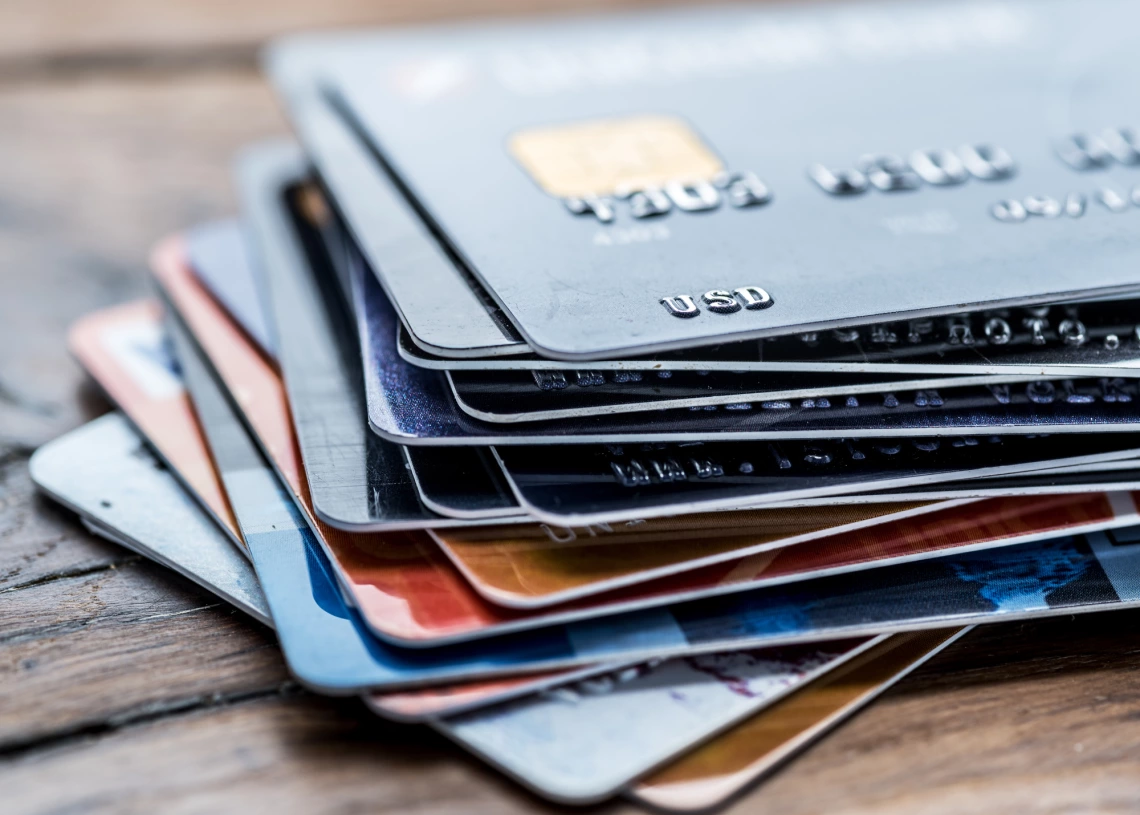Experts Explain: Which Credit Cards Have The Best Rewards Programs?
Norton School experts discuss the importance of credit cards and how to choose the right one for you.


Patrick Payne, Ph.D., CFP®, RFC®, Associate Professor of Practice in Personal and Family Financial Planning at the Norton School of Human Ecology answers some of the most important questions about credit cards, rewards programs, and the biggest mistakes that everyone needs to know before they choose a credit card.
Q: Do you think most people take full advantage of rewards credit cards?
Definitely not. The majority of consumers do not utilize these programs at all.
Q: Do you agree with the notion that cash users subsidize the cost of credit card rewards?
I have not seen any compelling evidence that cash users are subsidizing these programs. The transaction fee that sellers charge that they would normally send to the credit card company can instead be retained by the seller as profits for them. The cash user effectively does not directly affect the income or expenses of the credit card company at all. However, research shows that savvy credit card users make a significant profit off their credit cards, while those who use their cards sub-optimally pay considerable amounts of interest and fees. In other words, skilled rewards users are a net loss to the credit card company that must be offset somewhere else, or the credit card company would not offer the program at all. It seems likely that those who use their cards less optimally are subsidizing the costs of these skilled users.
Q: What would you say are the biggest/most common mistakes that rewards credit card users make?
Not paying enough attention to the fee. Many programs offer “premium” rewards programs that offer a greater level of rewards, but you have to pay an annual fee for the program. These annual fees are calculated by the credit card company to result in a net profit for themselves. The conclusion is that the credit card company knows/believes that most people will spend more on annual fees than they earn in rewards. If this were not the case, the program would lose the company money and it would be changed or discontinued. Credit card users need to be very careful to be very certain that their spending will result in greater rewards from the premium program (net of the annual fee) than they could earn from a free rewards program.
Q: Do you have a credit card with rewards? If so, how did you select it?
I do. I select that card based primarily on my life circumstances and spending patterns.
When I lived in a rural area with limited shopping options, I got a card that offered larger rewards for online shopping. When I lived in the city and traveled often, I switched to a travel card. The costs and rewards of the program have to be tailor-fit to how I spend my money. When I switch cards, I keep the old card active to increase the age of my credit history to improve my credit score, although if the card has an annual fee, then I call the credit card company and ask to have the card changed to a no-fee program so I do not pay a fee just to keep the line open.
Dr. Payne's Q&A was recently featured on WalletHub along with insightful research and charts comparing rewards credit cards. Visit the link below to read the full article and learn more about the right rewards credit card for you.

